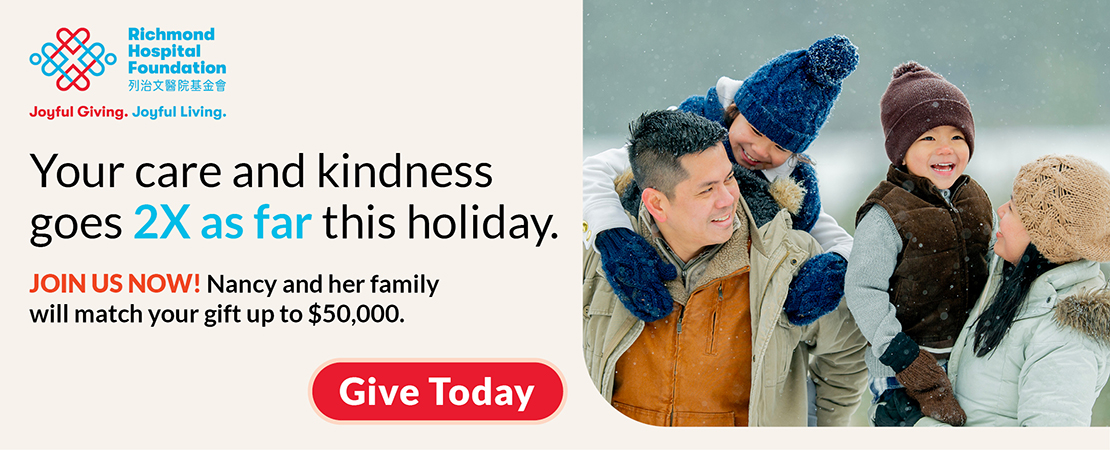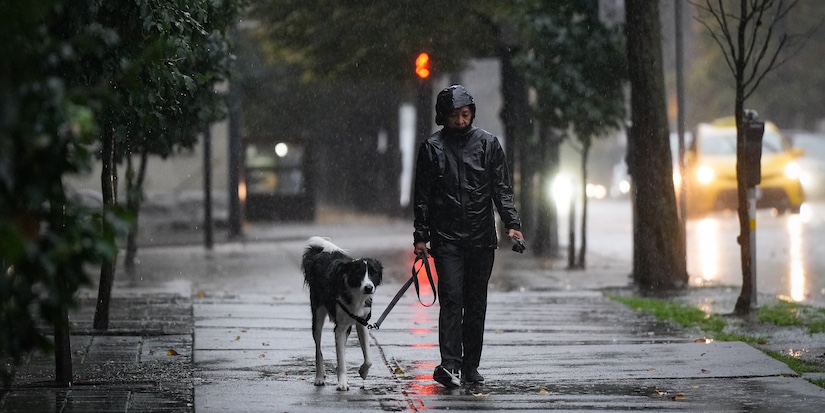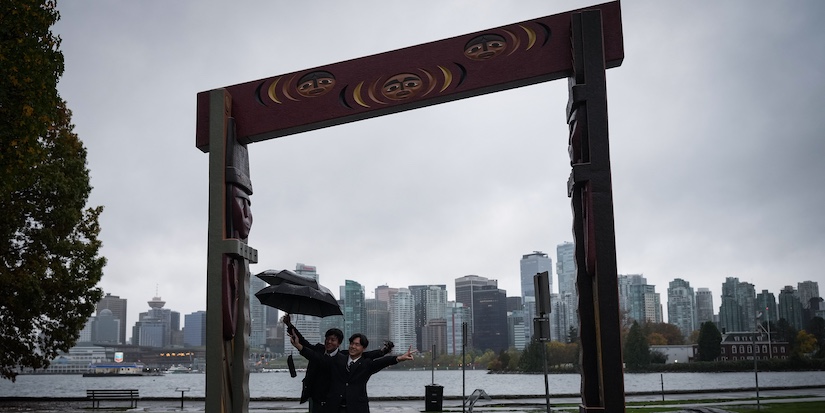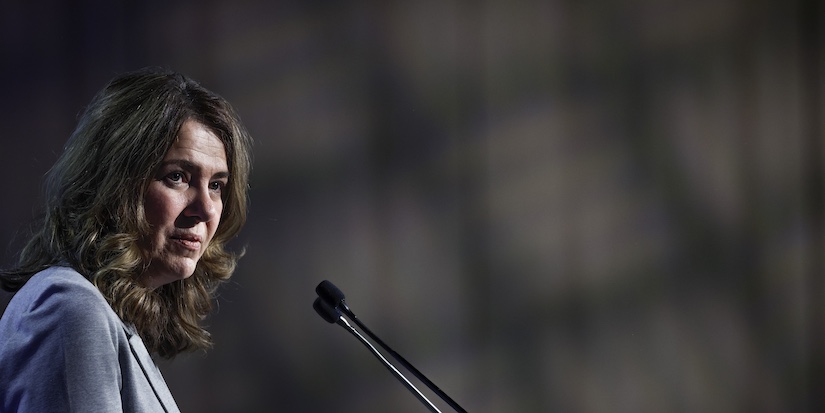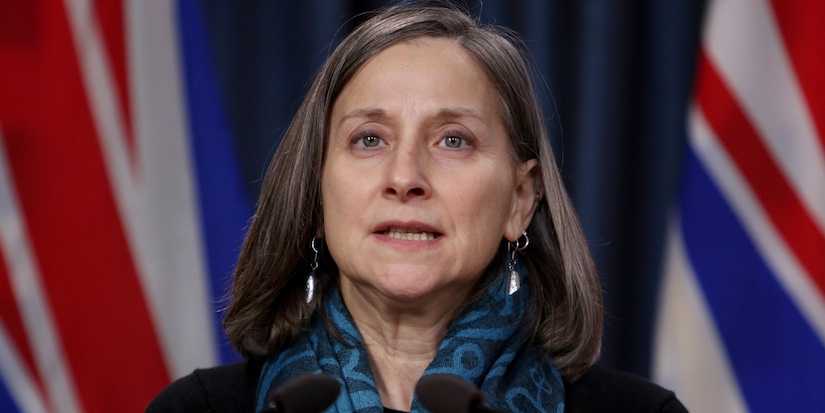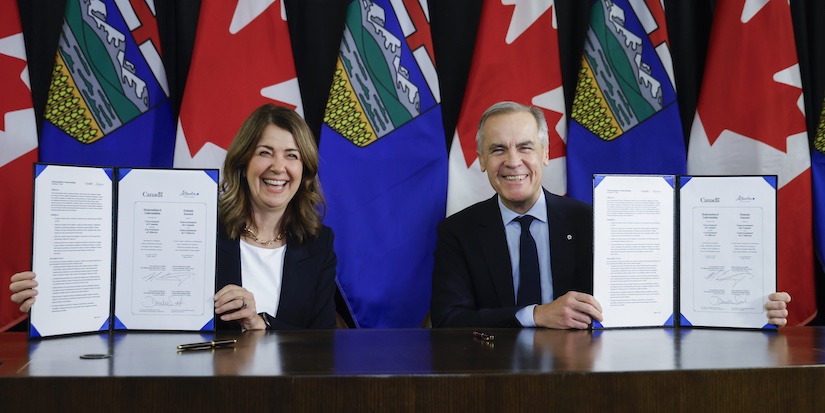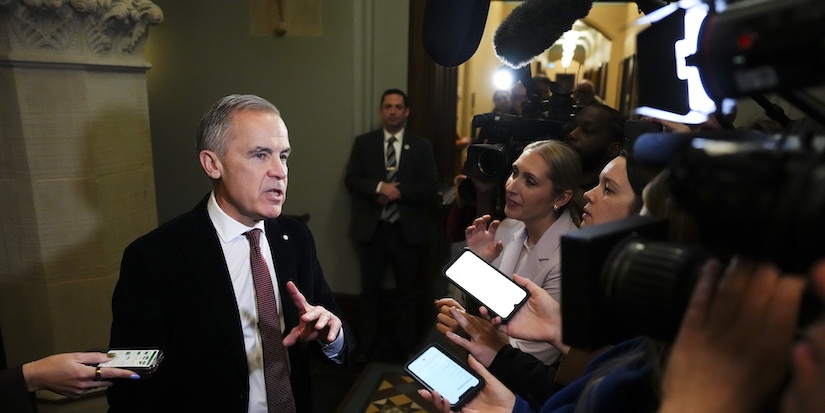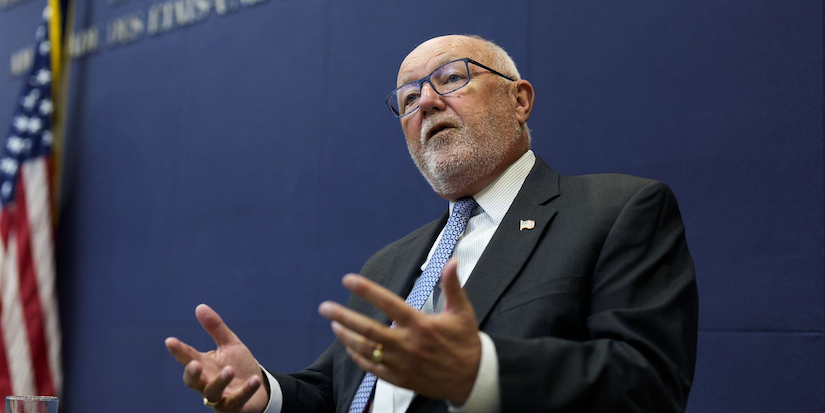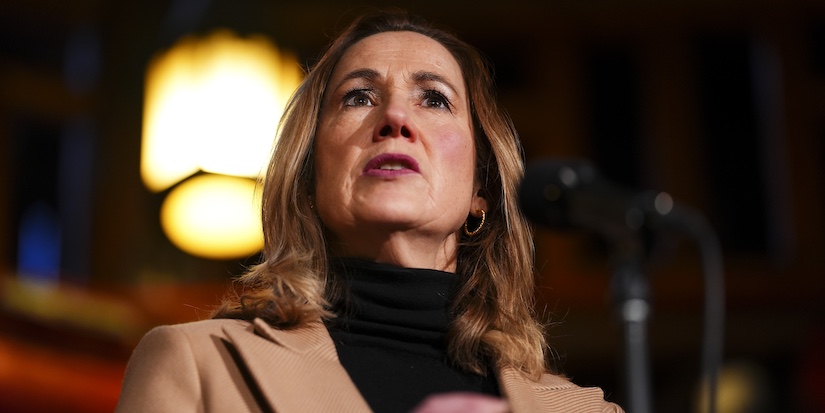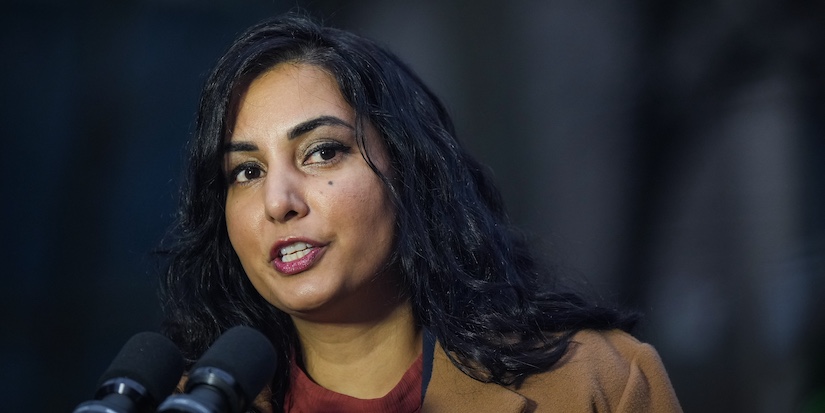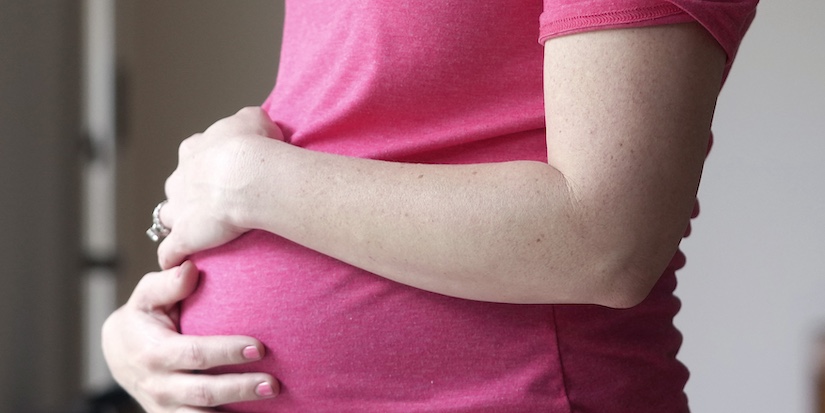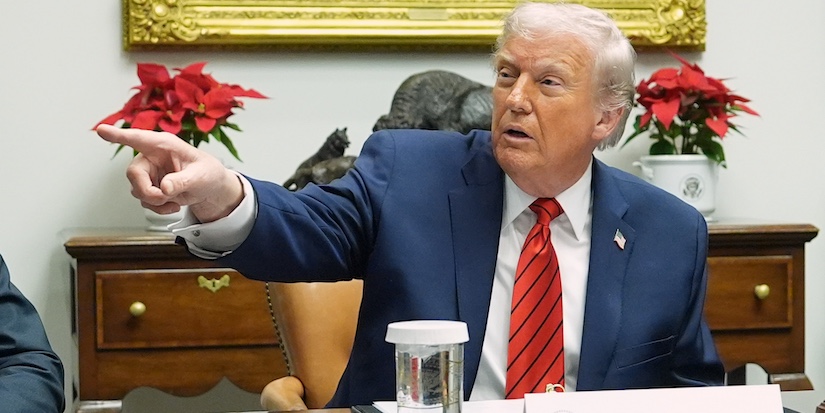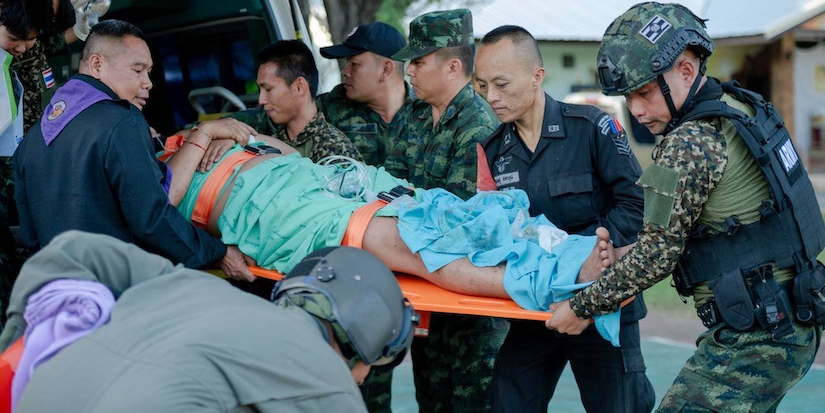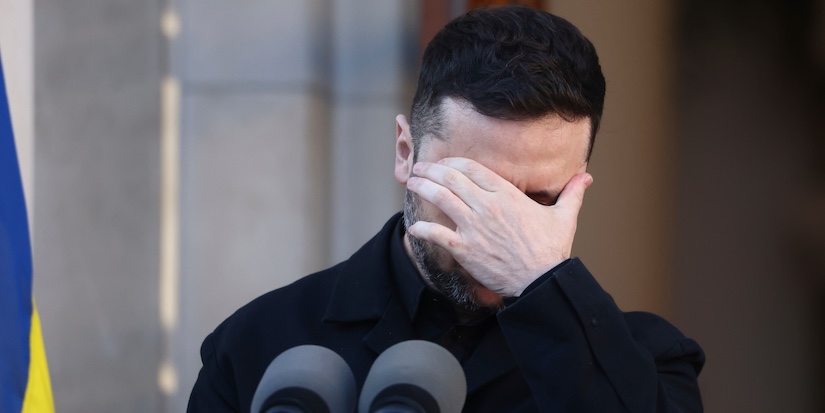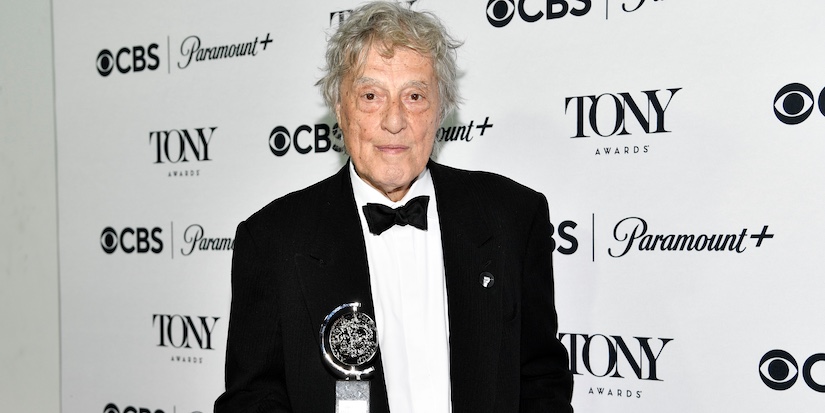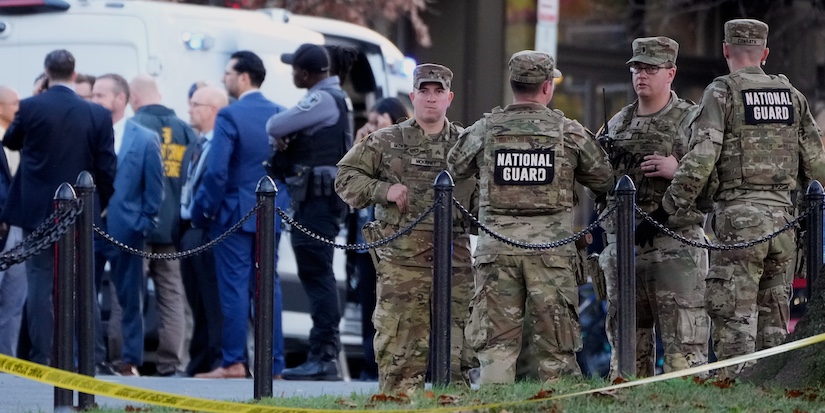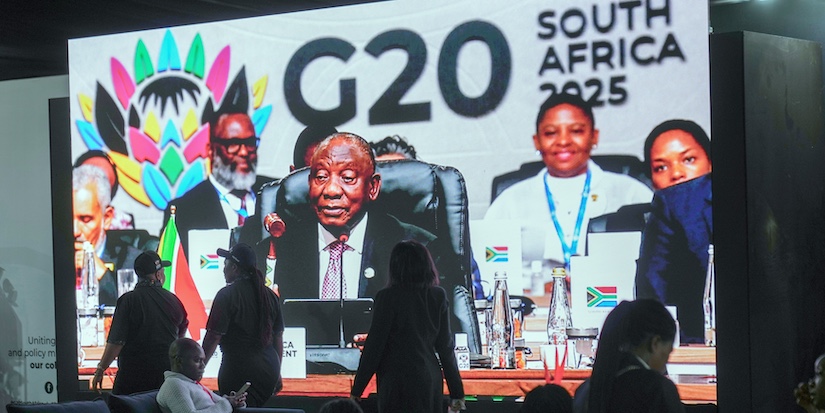Latest News
Increase in voters results in change in office
Numbers can be interpreted any number of
ways, but they do often tell a story.
All told, 47,392 votes were cast from an
estimated 132,819 eligible voters during this year’s civic election. The
roughly 35 per cent turnout is up significantly from 2014 and was just shy of
this year’s provincial average of 36 per cent. Richmond’s voter turnout was in
line with other Lower Mainland municipalities.
Voter turnout in Richmond in 2014 was 31 per
cent, up from 26 per cent in 2011 and 23 per cent in 2008. The provincial
average was 34 per cent in 2014, 30 per cent in 2011, and 28 per cent in 2008.
First elected mayor of Richmond in 2001,
Malcolm Brodie—an independent candidate—received an overwhelming endorsement
from the public as he was returned to office by 64.3 per cent of those whose
cast ballots. Now the longest-serving mayor in the Lower Mainland, he received
30,452 votes or 64.3 per cent from the 35 per cent of eligible voters who cast
ballots. He was also elected with strong majorities in the two previous
elections—receiving 27.149 votes or 67.4 per cent support in the 2014 election
and 20,955 votes or 67.3 per cent in 2011.
Roy Sakata, who also ran as an independent,
was a distant second in the 2018 election with 7,942 votes or 16.8 per cent of
the popular vote.
Reflecting the public’s appetite for change,
incumber Richmond Team of Electors (RITE) councillor Carol Day topped the polls
with 44 per cent of the popular vote (20,871). The Richmond Independent Team of
Electors candidate was aligned with veteran incumbent councillor Harold Steves
(Richmond Citizens Association) in strongly opposing large farmhouses. Steves finished
second in the polls with 19,136 votes or 40.4 per cent of the popular vote. He
has sat on city council for all but four years (when he represented Richmond as
a member of the provincial governing NDP in the early 1970s) since 1969.
With longtime councillor Ken Johnston not
being re-elected (he finished just over 2,000 votes shy of the number needed),
fellow incumbent Chak Au remains the lone councillor representing the Richmond
Community Coalition party. Au finished with 38 per cent of the popular vote on
18,026 votes—the third-highest total earned for a position on city council.
Two candidates representing Richmond First,
which previously held the power of balance of power, re-elected two incumbents—Bill
McNulty and Linda McPhail. McNulty earned the fourth-most votes with 17,242 or
36.4 per cent of the popular vote. He had topped the polls in each of the
previous two elections, with 42.2 and 51.2 per cent of the votes in the 2014
and 2011 respectively.
McPhail garnered 15,521 votes for a 32.8 per
cent shares of the popular vote, while RITE candidate Michael Wolfe became a
first-time councillor by earning 13,627 votes or 28.8 per cent of the popular
vote.
The eighth and final council spot went to
incumbent Alexa Loo. An independent, she got 13,212 votes or 27.9 per cent of
the popular vote. Fellow incumbent Derek Dang, a member of the Richmond First
party, finished fewer than 100 votes back. However, Dang has said he will not
ask for a potential recount. Dang had the fourth most votes—14.844—in the 2014 election.
The makeup of the Richmond School Board was
also altered following the Oct. 20 civic election, with three incumbents
replaced. Eric Yung, who had been board chair, received just over 20 per cent
of the popular vote, while Alice S. Wong lost her seat after garnering 23.1 per
cent of the popular vote. Jonathan Ho chose not to seek re-election and instead
ran unsuccessfully for a seat on city council.
Ken Hamaguchi, who in the 2014 election ran
as independent, topped the polls for the seven trustee seats with 17,196 votes
or 36.3 per cent of the popular vote. Hamaguchi’s newly-formed Richmond
Education Party will also occupy three other seats on the board as incumbent
Sandra Nixon finished second with 35 per cent of the popular vote; newcomer
Heather Larson fourth with 28 per cent of the popular vote; and longtime
incumbent and former chair Debbie Tablotney fifth with 27.9 per cent of the
popular vote.
Another longtime incumbent and former chair,
Donna Sargent of the Richmond First party, earned the third-most votes with
15,947 or 33.6 per cent of the popular vote.
Two newcomers, Richard Lee (who ran an
independent candidate) and Norm Goldstein (Richmond First), won the final two
seats. Lee had just under 26 per cent of the popular vote and Goldstein just
under 24 per cent.
Karina Reid of the Richmond Education Party
finished less than 200 votes behind Goldstein with 11,064 votes compared to 11,234.






